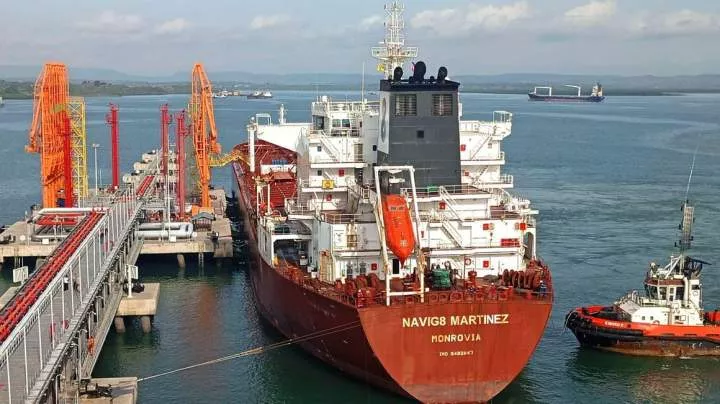
Kenya has thrown a fresh hurdle on Uganda's direct fuel import scheme, doubling the bond fee for imported consignments destined for Kampala to $45 million.
Uganda's Energy and Mineral Resources minister Ruth Nankabirwa said Kenya increased the requirement on the size of bond fees at the Vitol Tank Terminal International (VTTI) storage facility in Mombasa from $15 million -posing a bottleneck to Uganda's hopes of lowering pump prices of the commodity.
VTTI is a privately owned terminal that ties into the Kenya Pipeline Company pipeline network in Mombasa and gives access to the Ugandan market and other landlocked countries further west.
A bond fee is a bank guarantee that an oil company importing fuel for the transit market (usually duty-free fuel) uses to secure duties and taxes payable to the relevant revenue authority should goods be disposed of locally.
The bond can be used to offset taxes in case the company decides to dump the fuel locally and help KRA avert losing billions of shillings in taxes and levies.
Sources privy to the matter say that the Ministry of Energy in Kenya wrote to the Kenya Revenue Authority (KRA) to increase the fee -a change that is expected to be passed on to consumers in Uganda.
"We expect prices to be more competitive for as long as we are not pushed to incur extra costs at the port because as we speak now, I am going back to Kenya to meet my colleague, Mr (Davis) Chirchir because of one thing...." Mrs Nankabirwa said.
Banks issuing the bonds are likely to take time to increase the amounts to reflect the new bond fees, leading to more time demurrage charges before the cargo is cleared by KRA. The higher demurrage charges will be passed to consumers in Kampala.
"They (Kenya) have increased the bond fee at Vitol terminal where we are offloading our products and when you increase the bond fee by the tune of 40 million dollars, that means you are pushing Unoc (Uganda National Oil Company) to also increase and Ugandans are not likely to see reduced pump prices," she added.
CS Chirchir had not responded to the claims by his Uganda counterpart by press time.
Uganda and Kenya have the joint costliest fuel in the East African region at $1.46 per litre of super. A litre of diesel is going for $1.37 in Kampala compared to $1.33 in Kenya.
Kampala had hinged on the direct importation of fuel to lower pump prices, months after President Yoweri Museveni blamed the costly fuel on middlemen in the Kenyan fuel importation structure.
Revelations of the higher bond fee demands from Kenya once again bring to the fore the spats that are largely attributed to Kenya's decision to enter into a Government- to- Government-backed importation of fuel.
This is the latest setback coming months after delays in issuing Unoc with a licence, prompted Kampala to take Kenya to the regional court towards the end of last year.
Kenya had in September last year declined to issue Unoc with a license, prompting Uganda to move to the East African Court of Justice. Unoc got the license in March year, putting to an end a diplomatic spat between the two neighbours. Nairobi had while rejecting Unoc's application cited a raft of reasons, including lack of local footprint of at least five retail stations and five licensed retail stations.
Unoc had also failed to show proof of annual turnover of $10 million for the last three years, even as Kampala held that Kenya was placing unrealistic conditions.
Unoc's maiden cargoes arrived at the port of Mombasa last week, as the country moves to end decades of relying on Kenyan oil companies.
The Ugandan government-owned firm signed a five-year deal with Vitol Bahrain, amid a fallout with Kenya's decision to drop the Open Tender System for a Government to Government deal with three Gulf oil majors.
Kenya inked a deal with Saudi Aramco, Abu Dhabi National Oil Company, and Emirates National Oil Company for the supply of fuel on credit for 180 days.
The deal was meant to arrest the weakening of the shilling by ending a monthly demand of an estimated $500 million that oil companies needed to pay for fuel.
But President Museveni accused Kenya of a lack of consultations, prompting Uganda to opt for a similar deal with Vitol Bahrain.

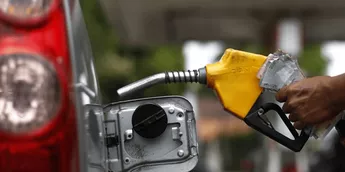
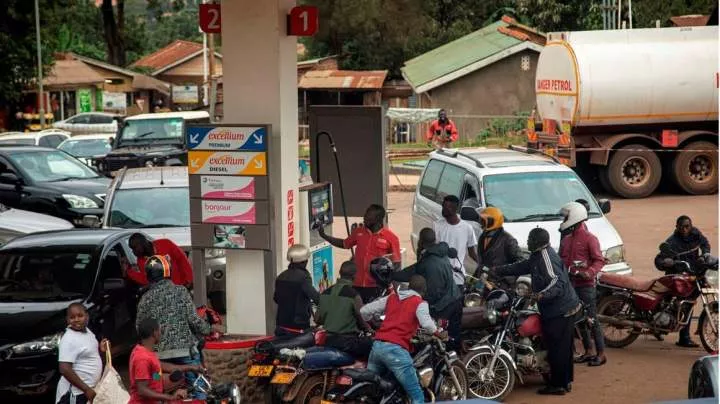
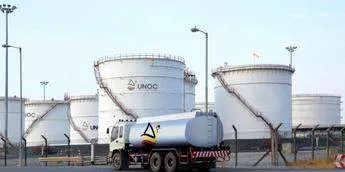
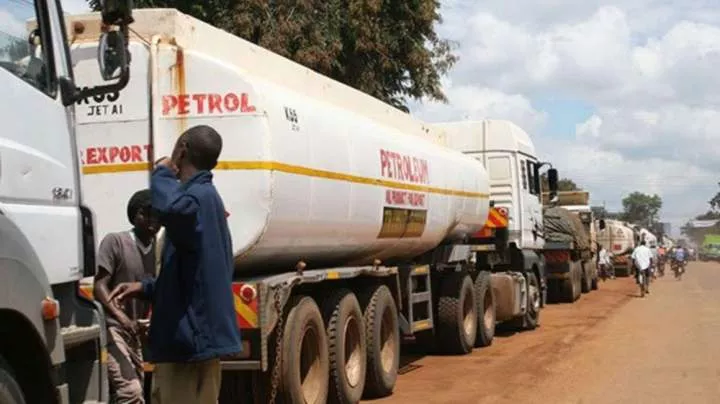












Comments